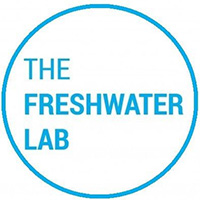Survival on Planet Earth depends upon the essential act of decarbonization. In every place and in every possible way, we must stop burning fossil fuels and replace them with renewable sources of energy. Decarbonizing water, a crucial and dwindling element, must take priority.
Decommissioning American rivers as fossil fuel pipelines should be straightforward. We simply need to stop sending carbon-based products along their routes. With the expansion of trucking (so-called logistics) and the decline in fossil fuel demand, the number of jobs and return on investment for sizable public subsidies of the barge industry are negligible. A majority of Americans support the transition from dirty fossil fuels to renewable energy. Like people everywhere, they also need to drink water. Getting fossil fuel barges off the Mississippi and its multiple tributaries would significantly improve drinking water and public health for everyone east of the Rocky Mountains. Furthermore, it marks prudent advance planning no matter one’s views on oil: in the fall of 2022, over 2000 barges backed up on the Mississippi due to a flash drought.
The canals that serve as pipelines in the Chicago Area Waterway System (CAWS) interact in an industrial system that compromises air quality, threatens the safety of water and harms the bodies of people who live near its nodes. Decommissioning the Chicago Sanitary and Ship Canal and Calumet-Saganashkee (Cal-Sag) Channel as pipelines can occur by redirecting the barge industry’s subsidy to renewable energy.
In communities along Illinois canals and rivers, people want clean jobs that offer worker safety and financial stability for current and future generations. Instead of paying for the transport of carbon commodities that speed up climate change and threaten property and livelihood, we can advance clean industry.


